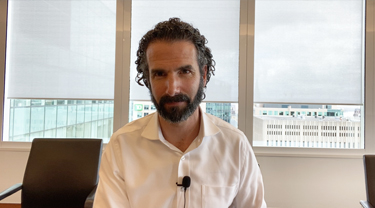Resilience key to thriving in uncertain times
EDC’s Country Risk Quarterly takes stock of evolving risk landscape


You’re in.
Your request has been submitted. Keep an eye on your inbox; EDC’s trade intelligence is coming your way.

You’re in.
Your request has been submitted. Keep an eye on your inbox; EDC’s trade intelligence is coming your way.

You’re in!
Your request has been submitted. Keep an eye on your inbox; EDC’s trade intelligence is coming your way.

You’re in.
Your request has been submitted. Keep an eye on your inbox; EDC’s trade intelligence is coming your way.

You’re in!
Your request has been submitted. Keep an eye on your inbox; EDC’s trade intelligence is coming your way.

You’re in!
Your request has been submitted. Keep an eye on your inbox; EDC’s trade intelligence is coming your way.
This commentary is presented for informational purposes only. It’s not intended to be a comprehensive or detailed statement on any subject and no representations or warranties, express or implied, are made as to its accuracy, timeliness or completeness. Nothing in this commentary is intended to provide financial, legal, accounting or tax advice nor should it be relied upon. EDC nor the author is liable whatsoever for any loss or damage caused by, or resulting from, any use of or any inaccuracies, errors or omissions in the information provided.

















